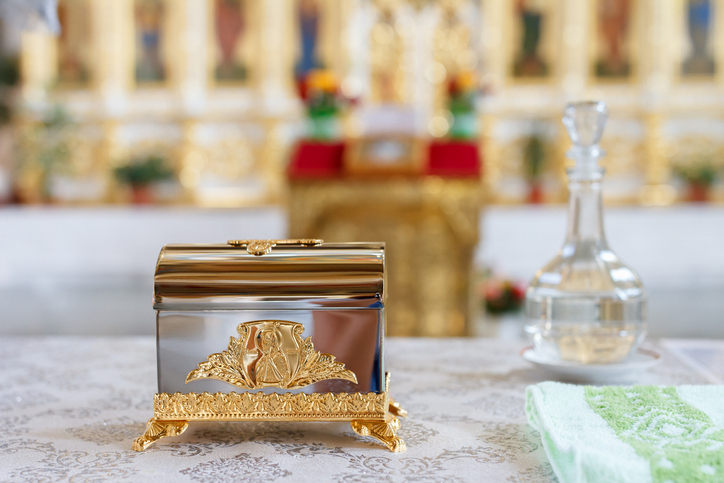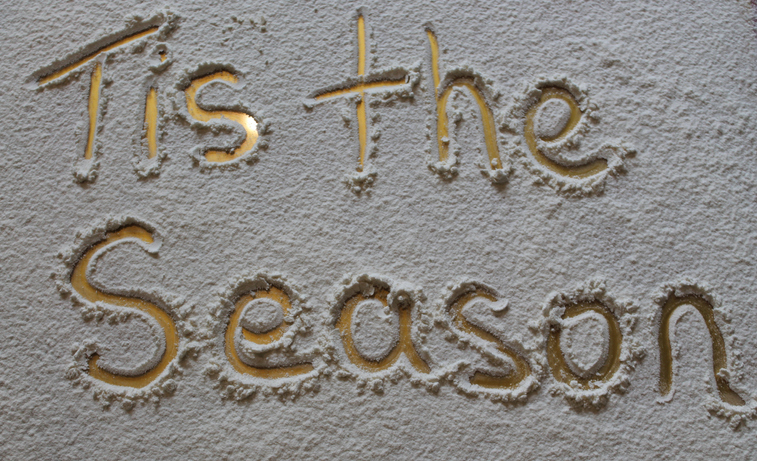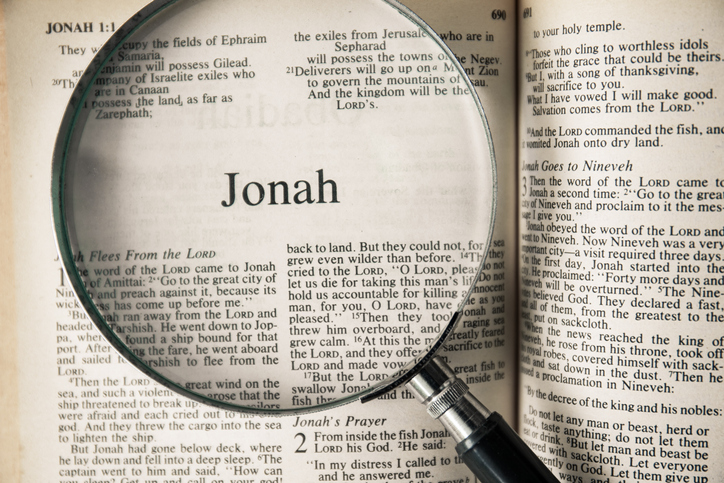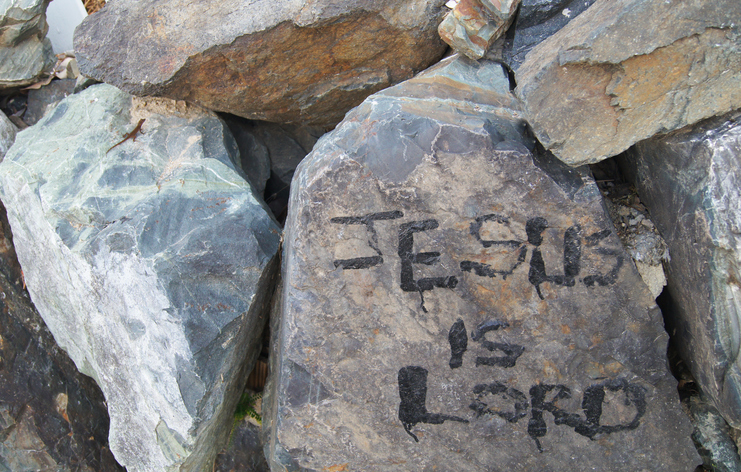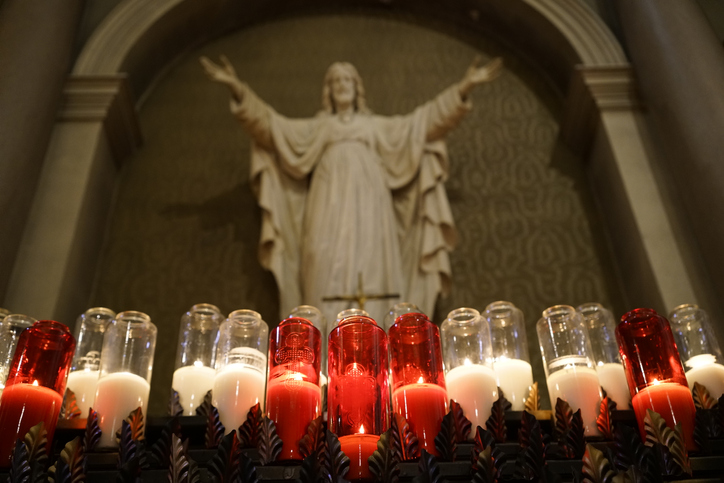“The anointing with sacred chrism, perfumed oil consecrated by the bishop, signifies the gift of the Holy Spirit to the newly baptized, who has become a Christian, that is, one “anointed” by the Holy Spirit, incorporated into Christ who is anointed priest, prophet, and king” CCC 1241
According to the Catechism of the Catholic Church, a Christian is one anointed by the Holy Spirit and incorporated into Christ, priest, prophet, and king. Today’s reading helps us to go deeper into what it means to share in Christ’s kingship.
Saul is out on a wild goose chase. Well, he was actually hunting for his father’s donkeys, but I can only imagine as he searched land after land, he must have felt like it was a hopeless cause. Out of obedience to his father, this man described as ‘head and shoulders above the people’ is on what may have felt like a fool’s errand. But there he was, far from home searching for lost donkeys when he was spotted by Samuel and God assures Samuel, “This is the man of whom I told you.”
With a kiss and the anointing of oil, Saul is told: “This will be the sign for you that the Lord has appointed you commander over his heritage.” He is to be king of God’s chosen people, a precursor to Jesus’s own kingship. But what does it mean to be king? To be commander over God’s heritage?
We think of kings and pictures of fairy tale castles pop into our heads; the idea of being able to do as you like and have servants to grant your every wish. This is what our culture teaches us about kings and their reigns.
The other readings help us find another, more captivating answer. “The Lord sent me to bring glad tidings to the poor and to proclaim liberty to captives.” (Luke 4:18) “Those who are well do not need a physician, but the sick do. I did not come to call the righteous but sinners.” (Mark 2:17)
As usual, the Gospel turns the message of our modern culture on its head. Biblical kings are meant to be servant kings. They are at the service of God’s heritage. They are to bring glad tidings to the poor. We aren’t told if this is poor in money or the poor in spirit because it doesn’t matter. Our world is full of those who are held captive by addiction, illness, and sin. What is needed by each one may be different, but the need is still to be met by the king and the royal family. The king is not to be a closeted, pampered resident of the nearest castle but is to go out to those in need. The king is called to be present to those who are lost or neglected by the rest of the world. Sometimes that means doing it personally; sometimes, it may mean sending a trusted member of the royal family.
Since Jesus is king, you are that trusted member of the royal family!
If you feel like life is sometimes a fool’s errand and you aren’t sure if you are making a difference, remember Saul. In obedience, he chased donkeys over hill and dale and across many lands before Samuel delivered God’s message. Remember that you are anointed at baptism just as Saul was anointed by Samuel. We are incorporated into Christ and marked as Christians. (We visibly remind ourselves of that every time we make the sign of the cross!) We, too, are commanders over God’s heritage. We each have a small corner of the world over which we have reign. What are the needs of those around us? How do we serve? How can we be present to the lost and neglected? It is up to us to find those who are overlooked by the rest of the world and to speak the true king’s love and truth.
So embrace your anointing and straighten your crown. You are a child of the king, and you have the anointing to prove it! The question is, how will you live it?

Sheryl delights in being the number 1 cheerleader and supporter for her husband, Tom who is a candidate for the Permanent Diaconate in the Diocese of Kalamazoo. They are so grateful for the opportunity to grow together in this process whether it is studying for classes, deepening their prayer life or discovering new ways to serve together. Sheryl’s day job is serving her community as the principal for St. Therese Catholic School in Wayland, Michigan. Since every time she thinks she gets life all figured out, she realizes just how far she has to go, St. Rita of Cascia is her go-to Saint for intercession and help. Home includes Brea, a Bernese Mountain dog and Carlyn, a very, very goofy Golden Retriever.
